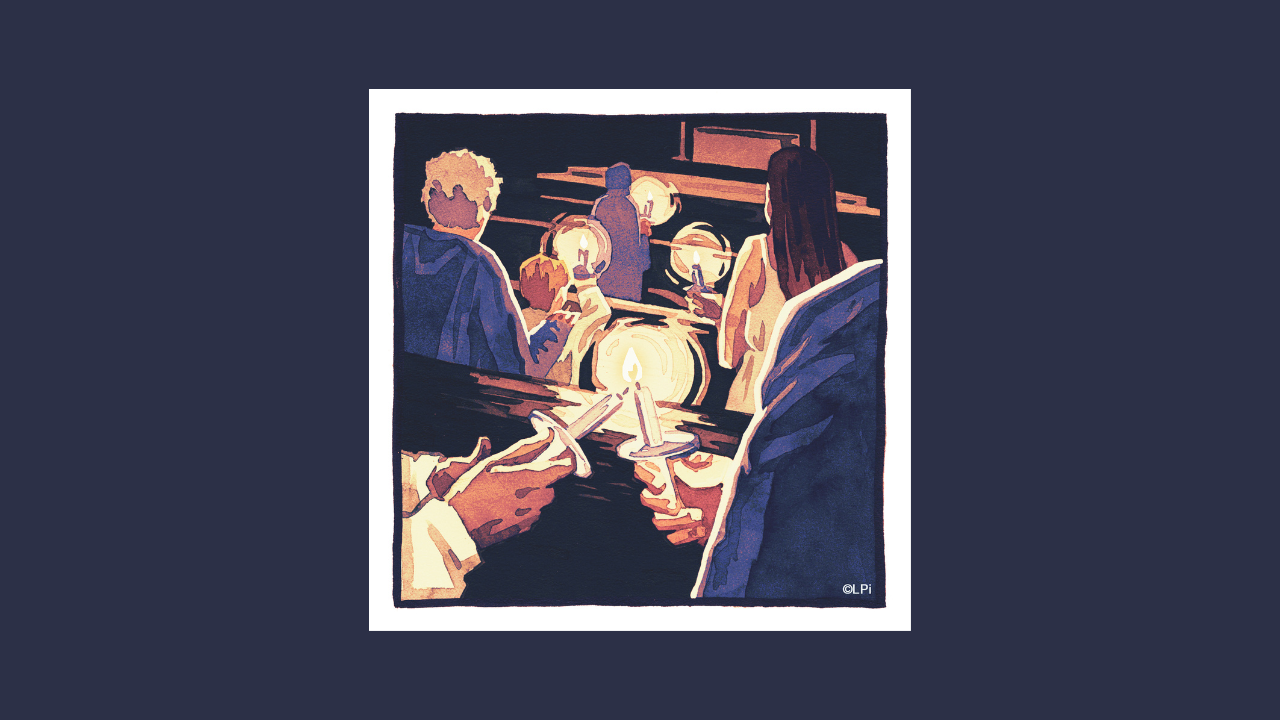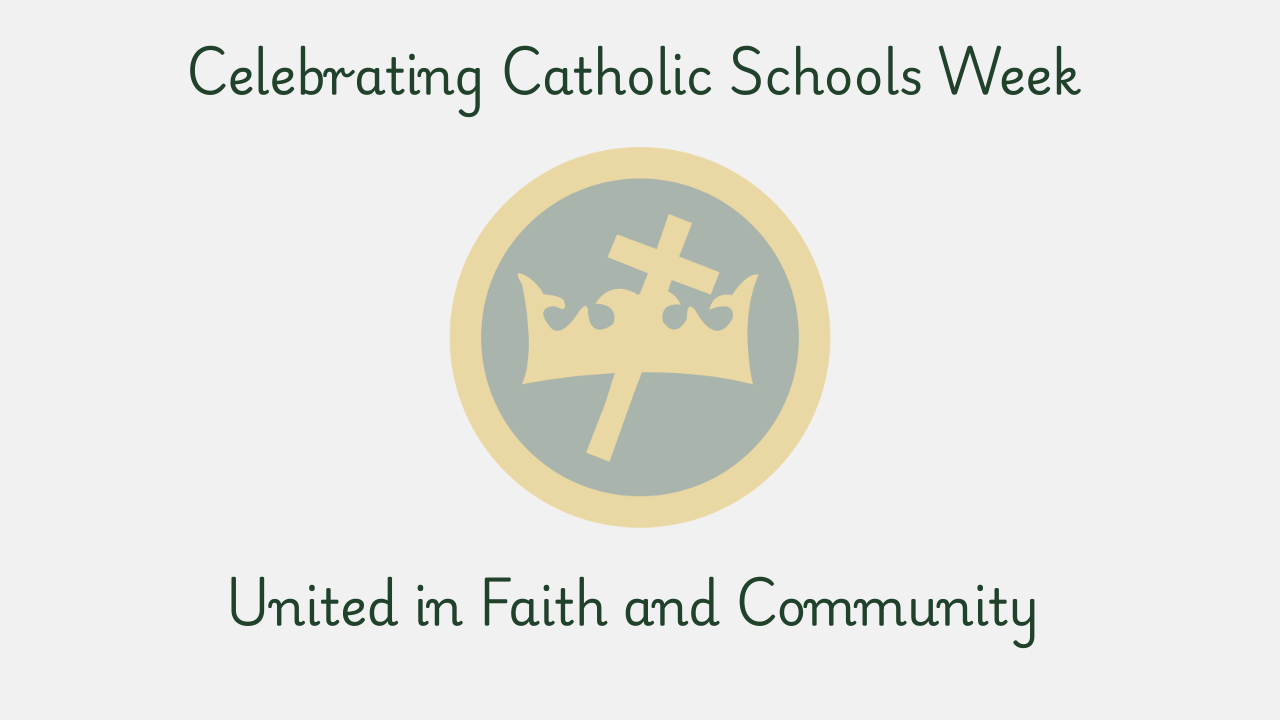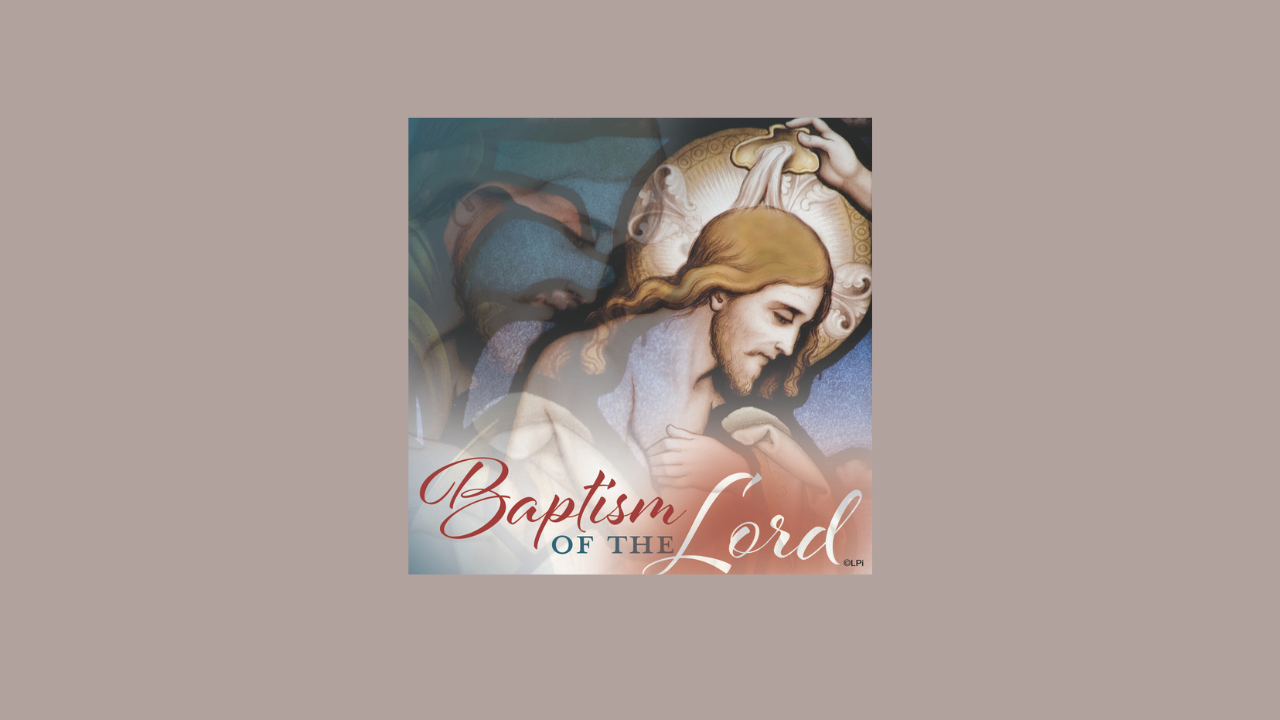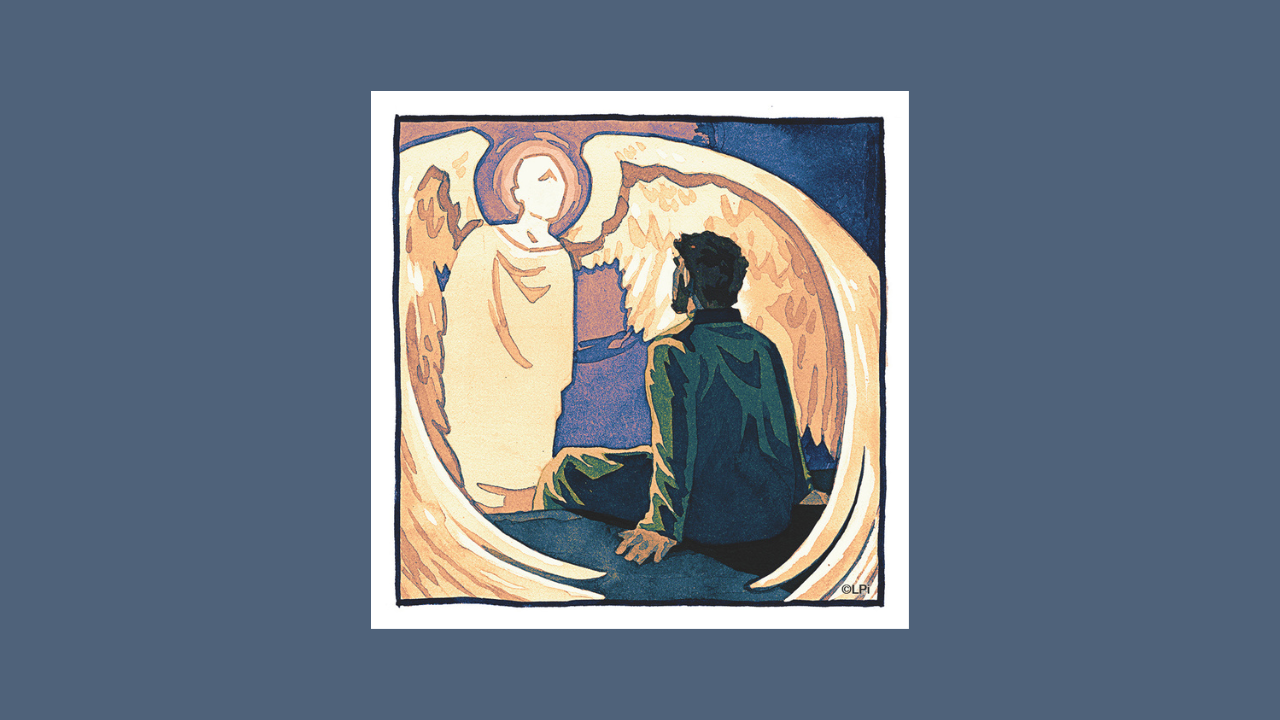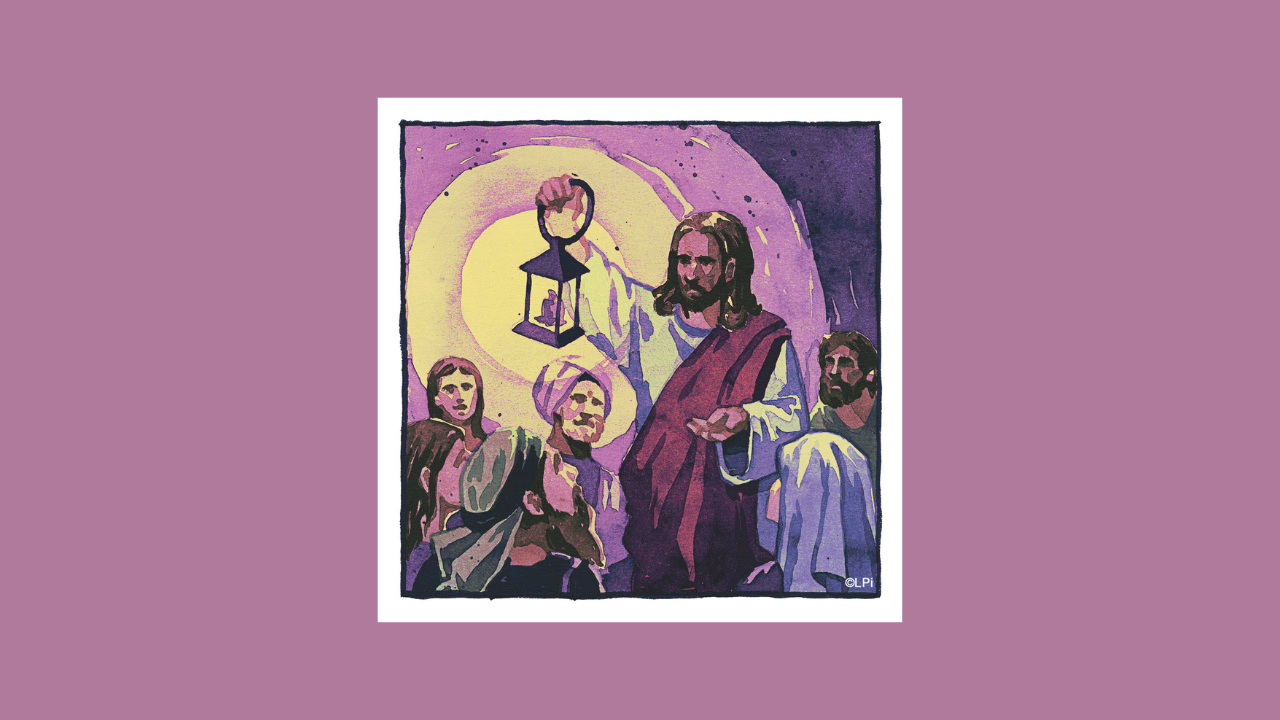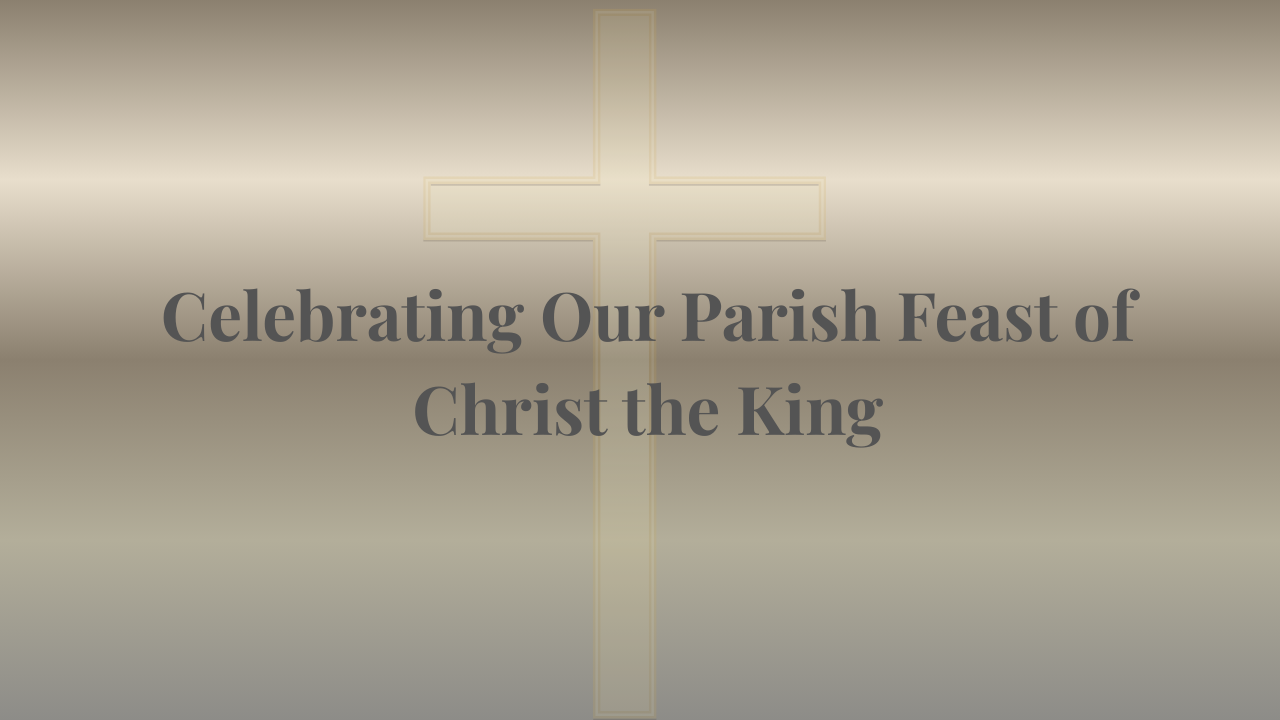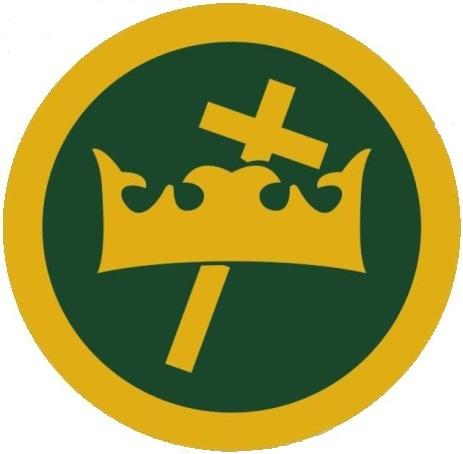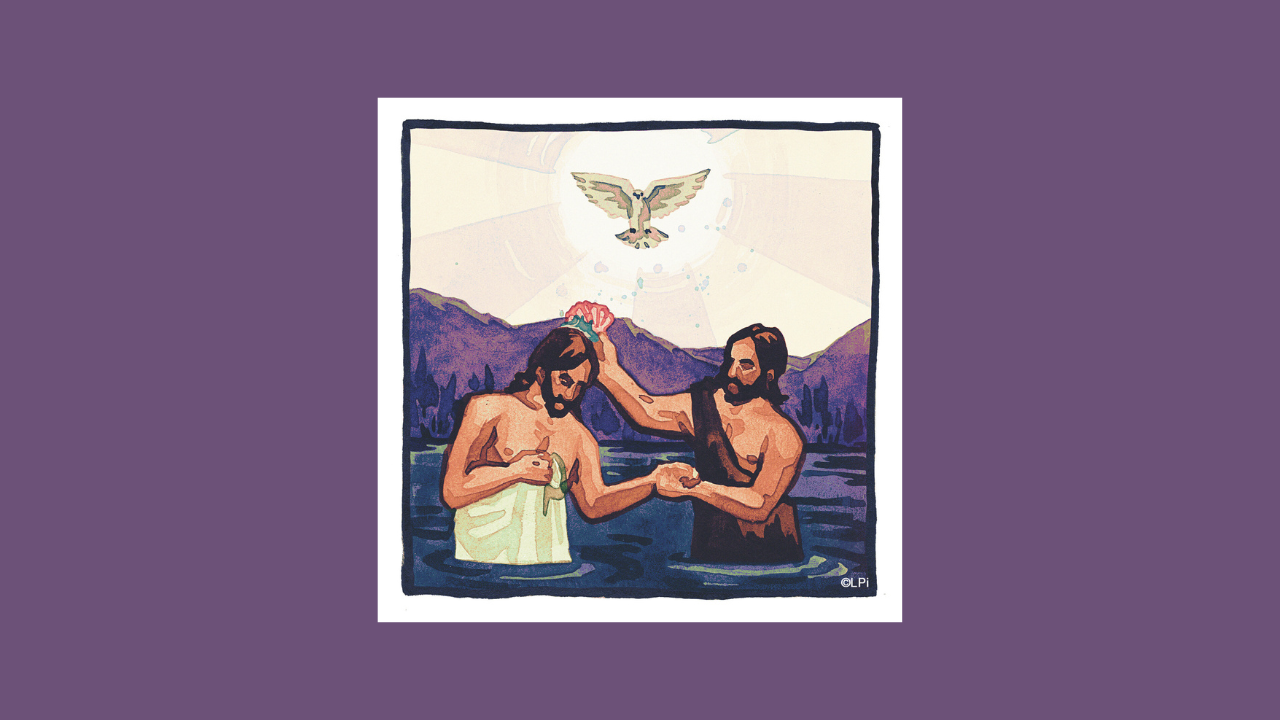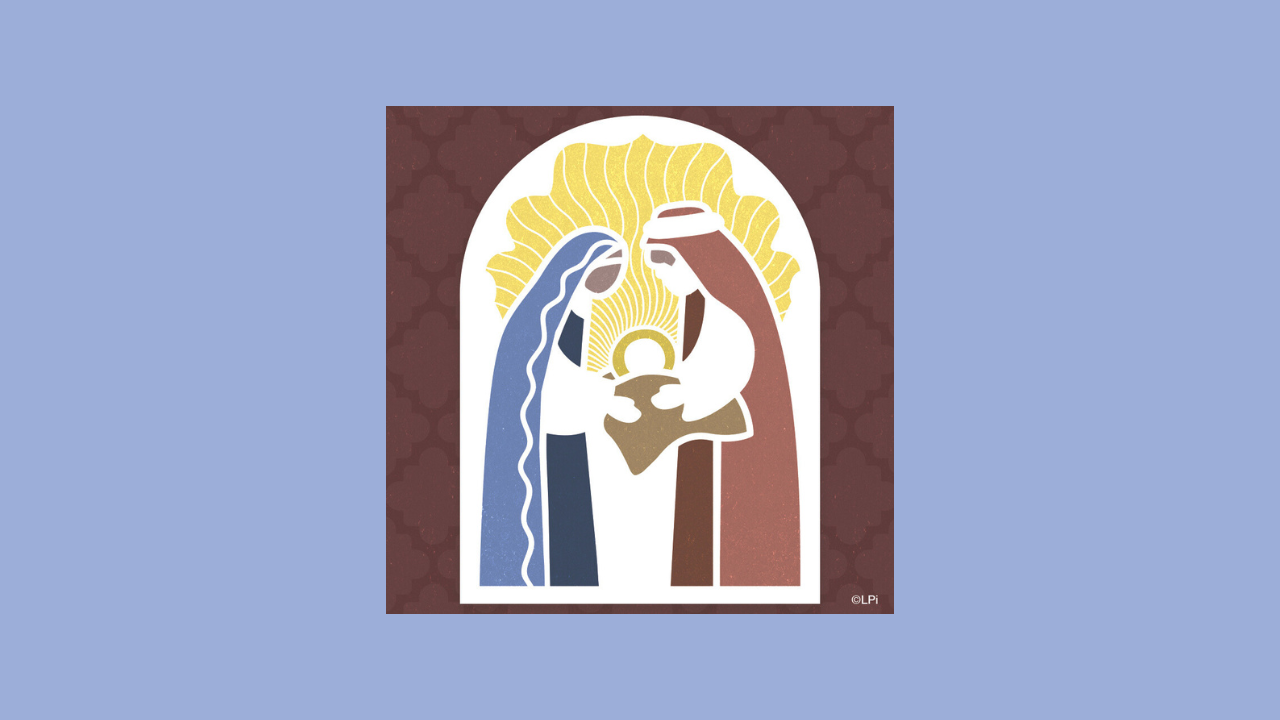"The Christian Necessity for Gratitude" by Fr. Chris House
How often have you held the door for someone and not received a thank you? When that happens to me, sometimes, if I’m in the “right” mood, I will reply to someone’s silence with “you’re welcome.” Perhaps you have done some other small act of kindness and the receiver appeared not to notice. It can be maddening when we show small acts of kindness to others and there is no simple “thank you” or, even worse, you get the sense that perhaps they feel entitled to your kindness.

The Christian Necessity for Gratitude
How often have you held the door for someone and not received a thank you? When that happens to me, sometimes, if I’m in the “right” mood, I will reply to someone’s silence with “you’re welcome.” Perhaps you have done some other small act of kindness and the receiver appeared not to notice. It can be maddening when we show small acts of kindness to others and there is no simple “thank you” or, even worse, you get the sense that perhaps they feel entitled to your kindness. Showing gratitude in some form or another, for some kindness received large or small, is a mark of humility and character. It should also be a hallmark of the Christian life.
This Sunday we hear of ten lepers who were cured by Jesus. Jesus has been journeying through Samaria towards Galilee and performs this miracle before returning to his home region. The Gospel tells us that the lepers stood at a distance, begging Jesus to show them pity. Jesus simply tells them to go and show themselves to the priests. This command is in conformity with the Law of Moses which prescribed such an examination because a priest had to declare a leper “clean” in order for them to rejoin the community. On their way, the lepers are cured. When they realize what has happened, only one, a Samaritan, returns to Jesus to thank him.
This incident is a powerful commentary on the human condition and our response to the works of God in our lives. Part of the mystery and act of salvation is our ability to see and recognize God’s action for what it is in our daily living. As I said before, gratitude is a mark of humility, a necessary virtue in the Christian life. Humble gratitude acknowledges that, first, God does not owe me anything, but all that I have: my life, my talents, my time, my treasure, while my life may be built-up and improved by my own industry, even that is from God’s goodness. There is no such thing as a truly “self-made man/woman;” anything that is good has its origin first in God.
The Samaritan leper that was cured is a poignant symbol for us; he or she, who was assumed to be outside of God’s grace because they were a Samaritan, was able to recognize God’s power in their life and responded to it with gratitude. What about us who are members of the household of God by baptism, who make claim to Christ and his kingdom as disciples? Do we recognize the power of God’s grace at work in us and, in recognizing it, are we grateful for it? The wonderful thing about a life lived in humble gratitude is that it will make us more and more aware of God’s action in our lives, and that awareness can move us into deeper life and love with him.
Blessings to you and yours for the week ahead!
Father Chris House
